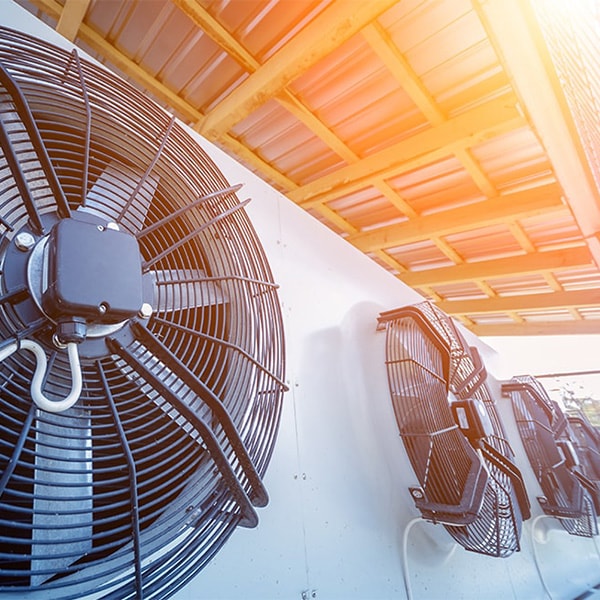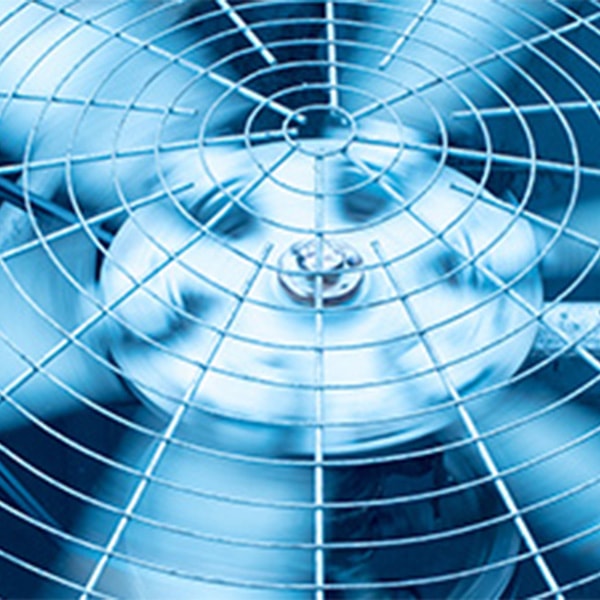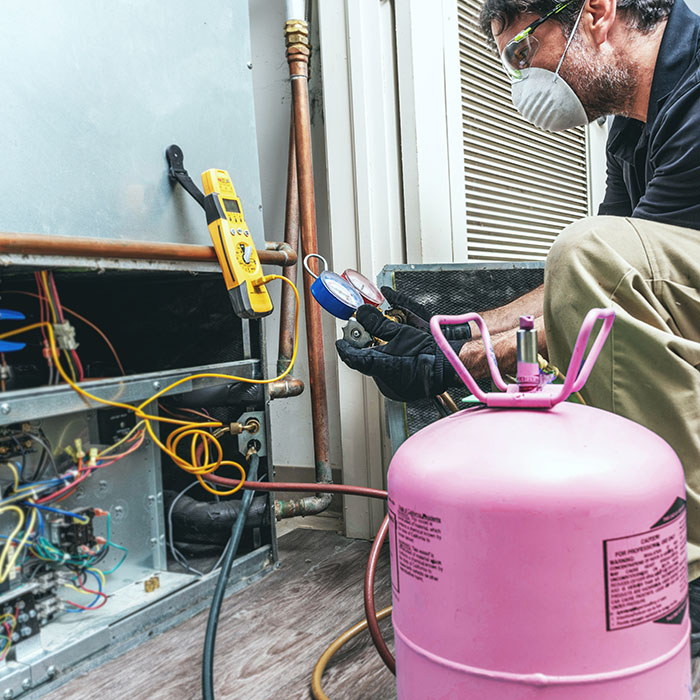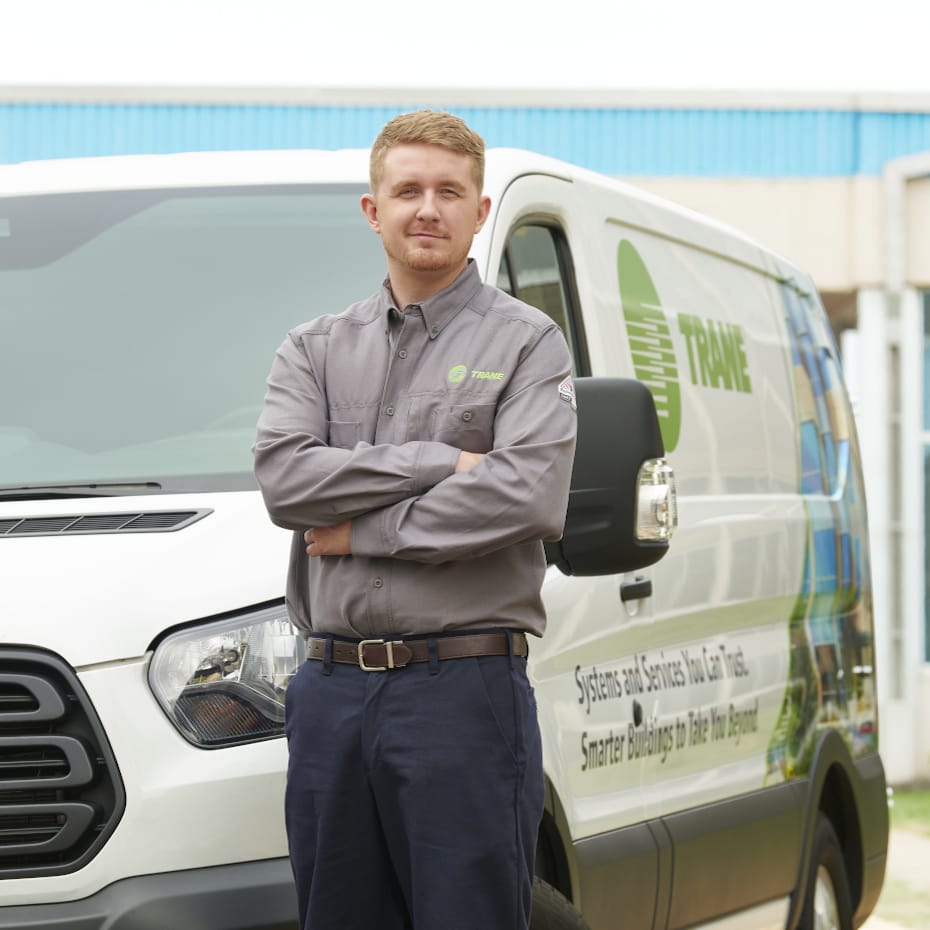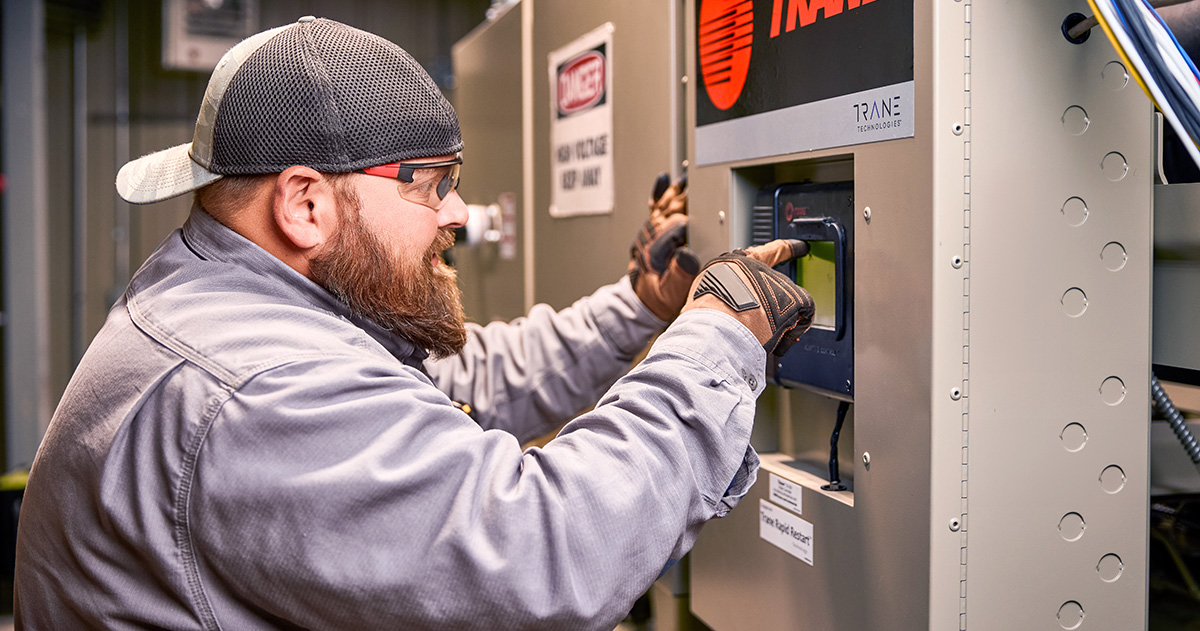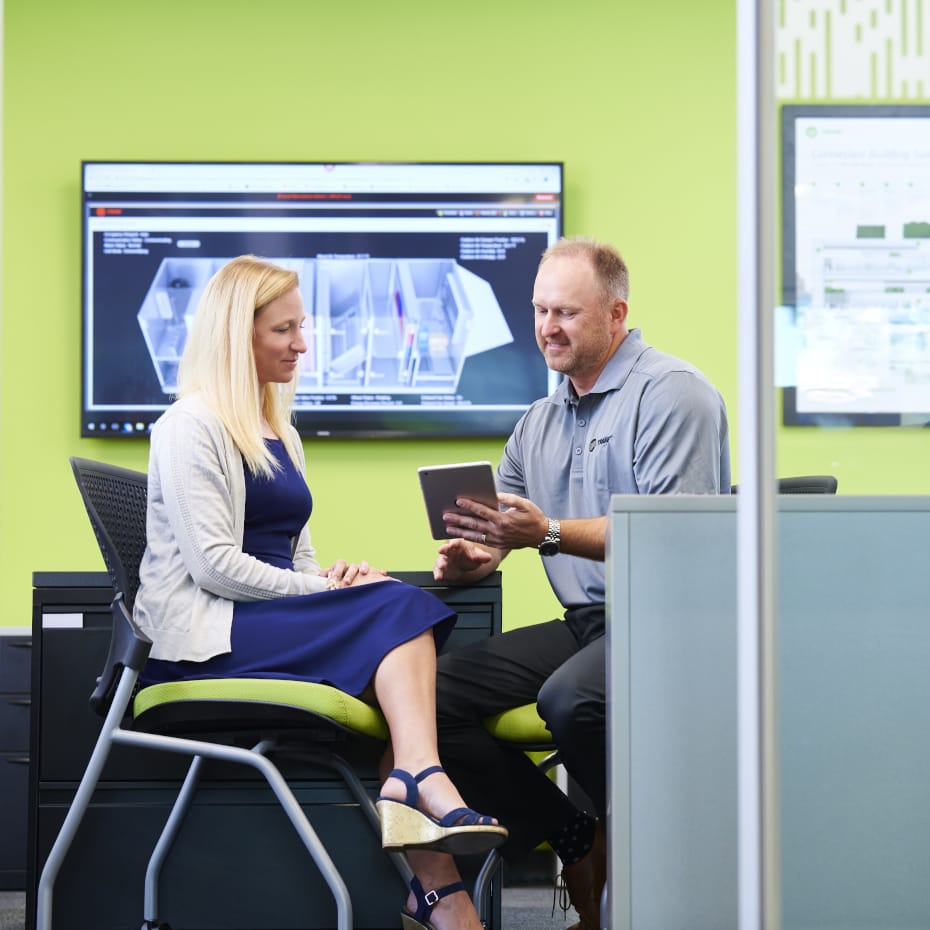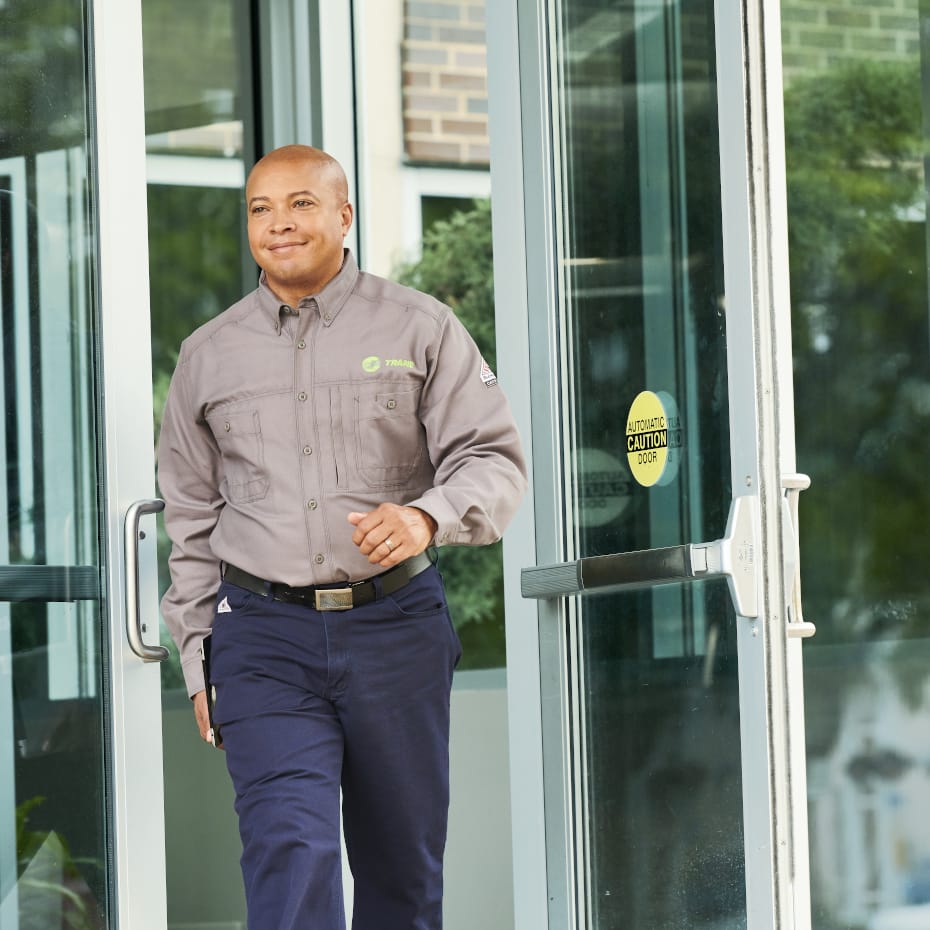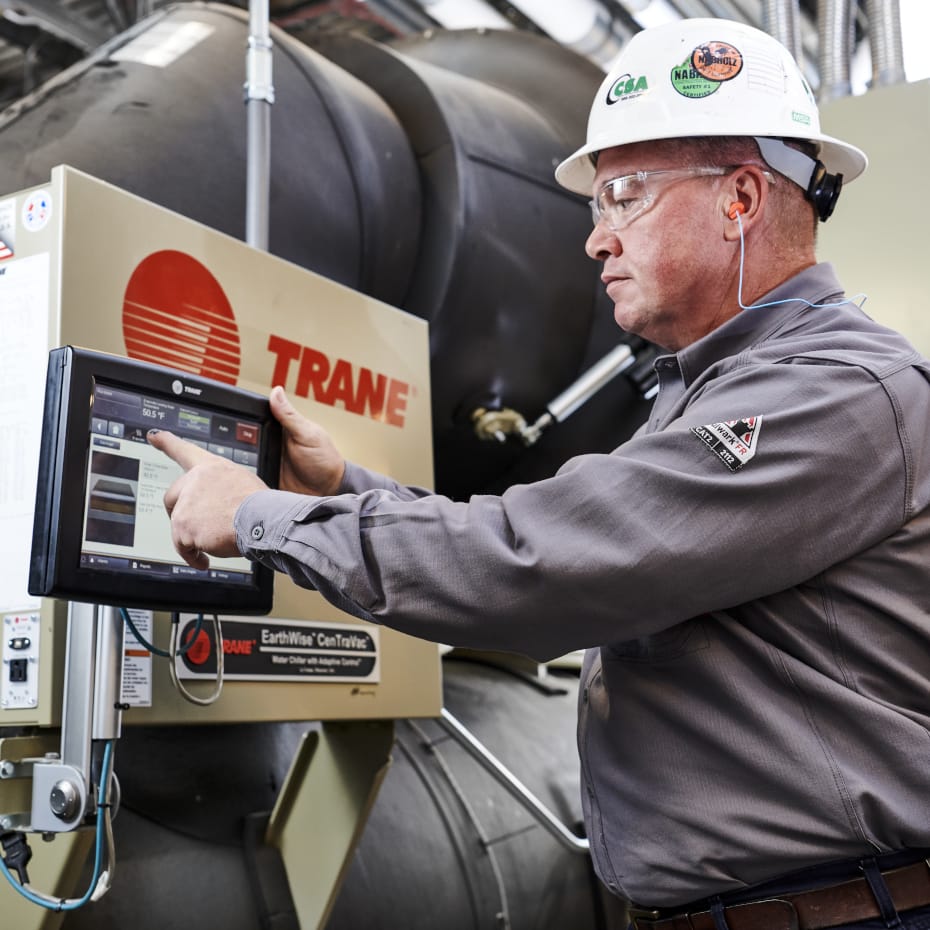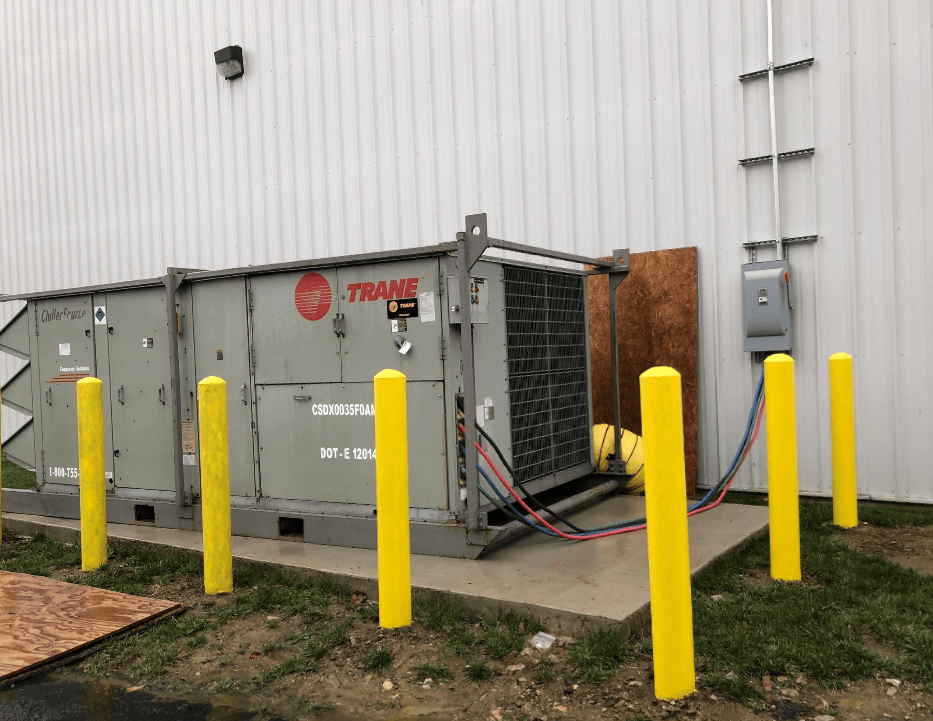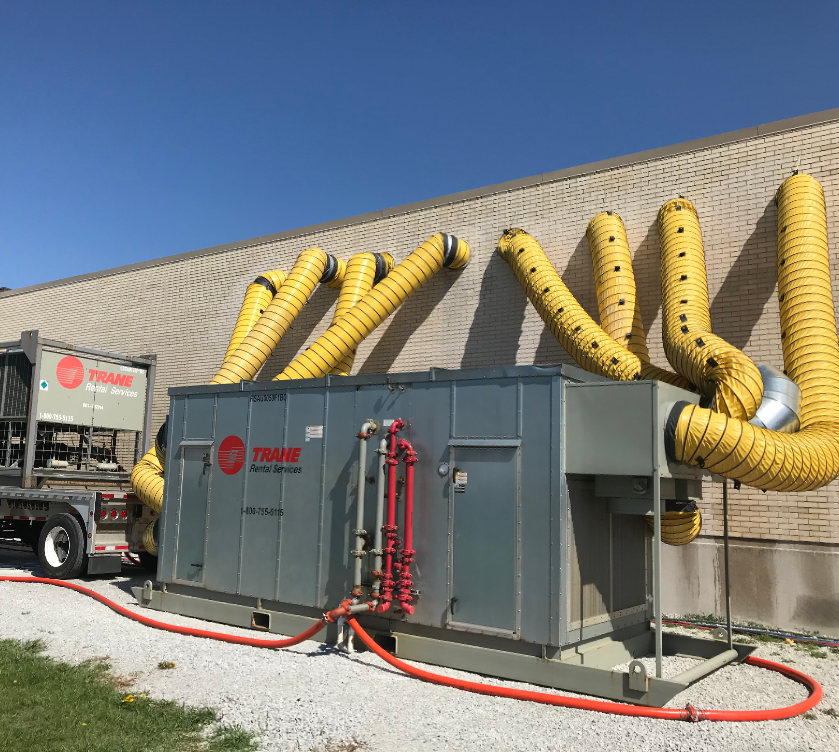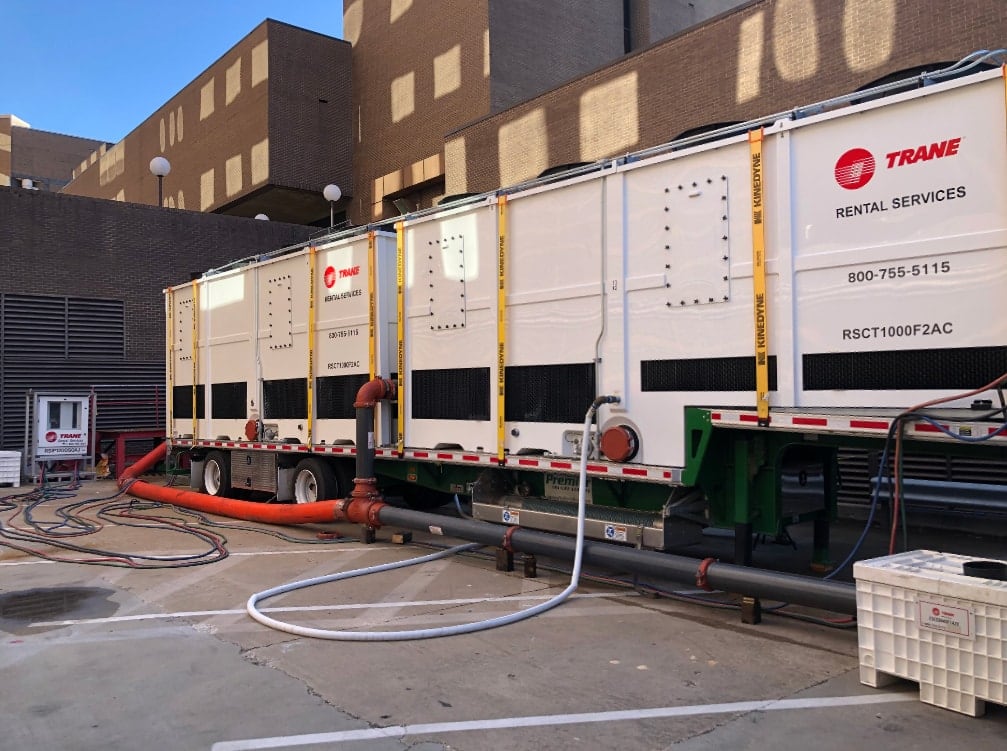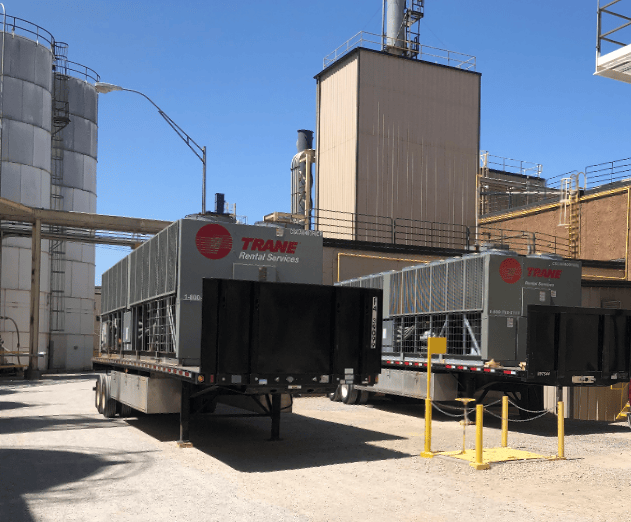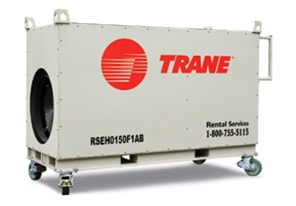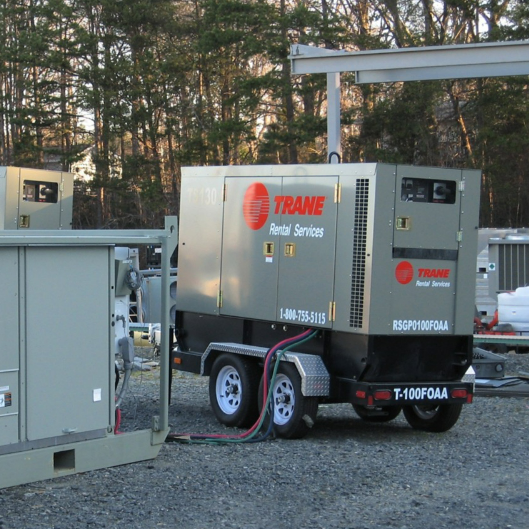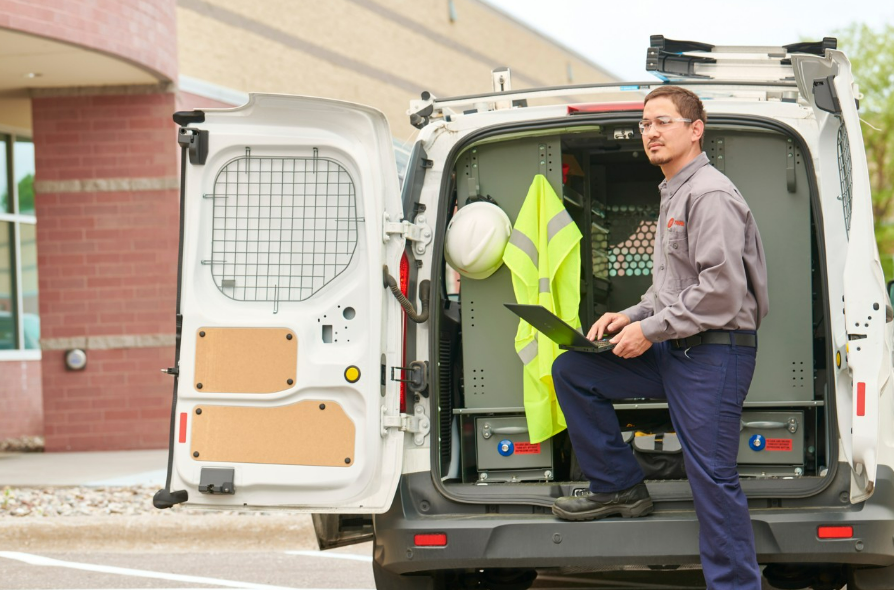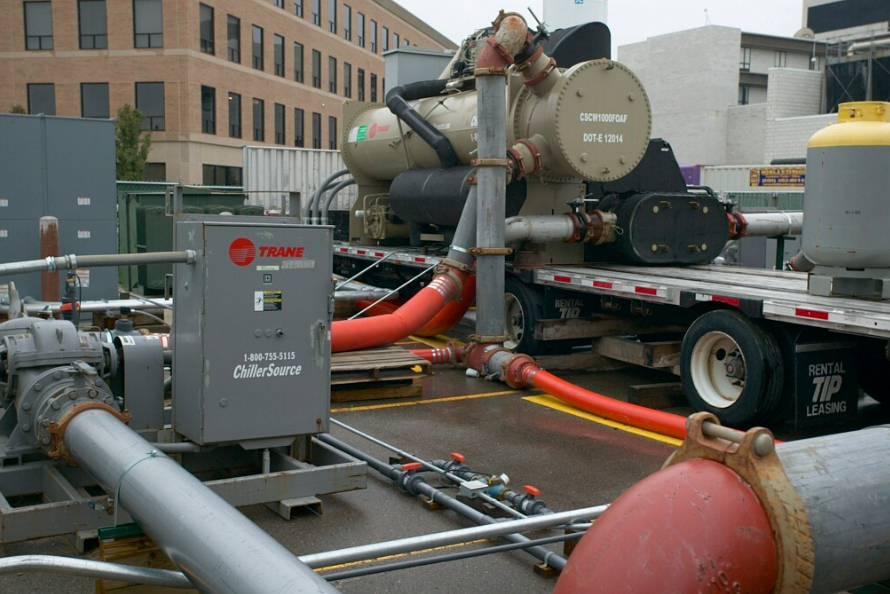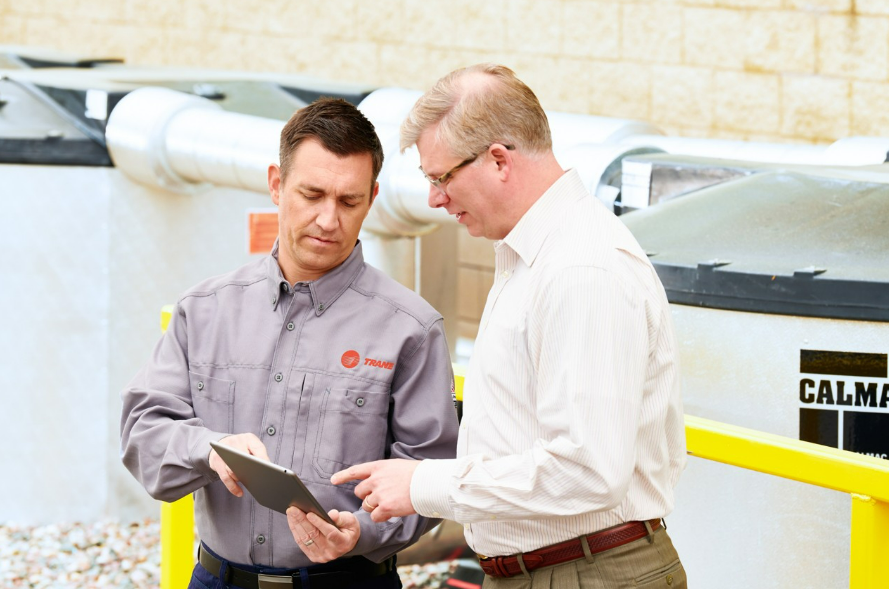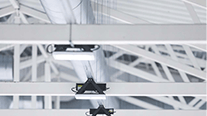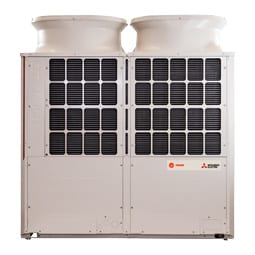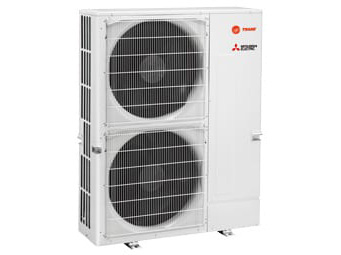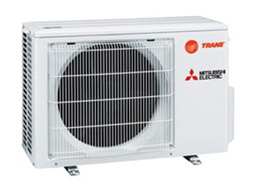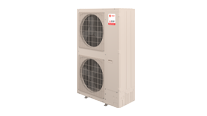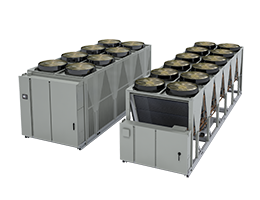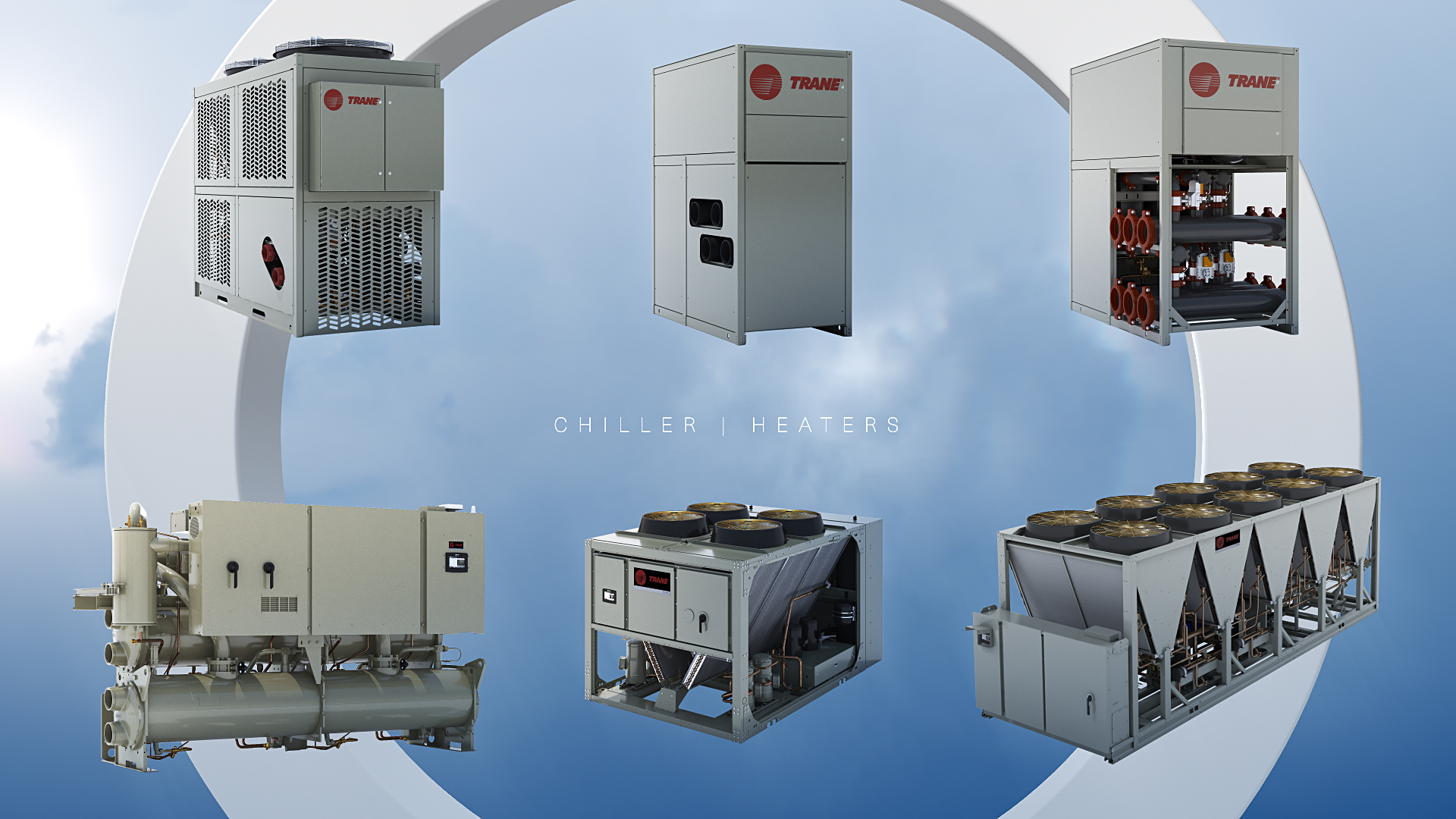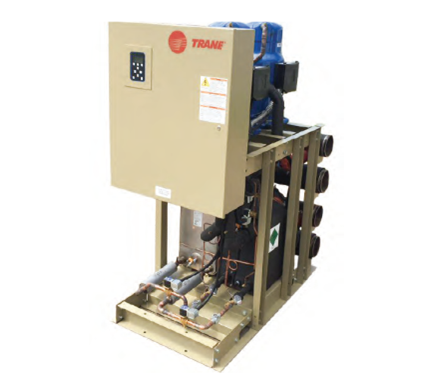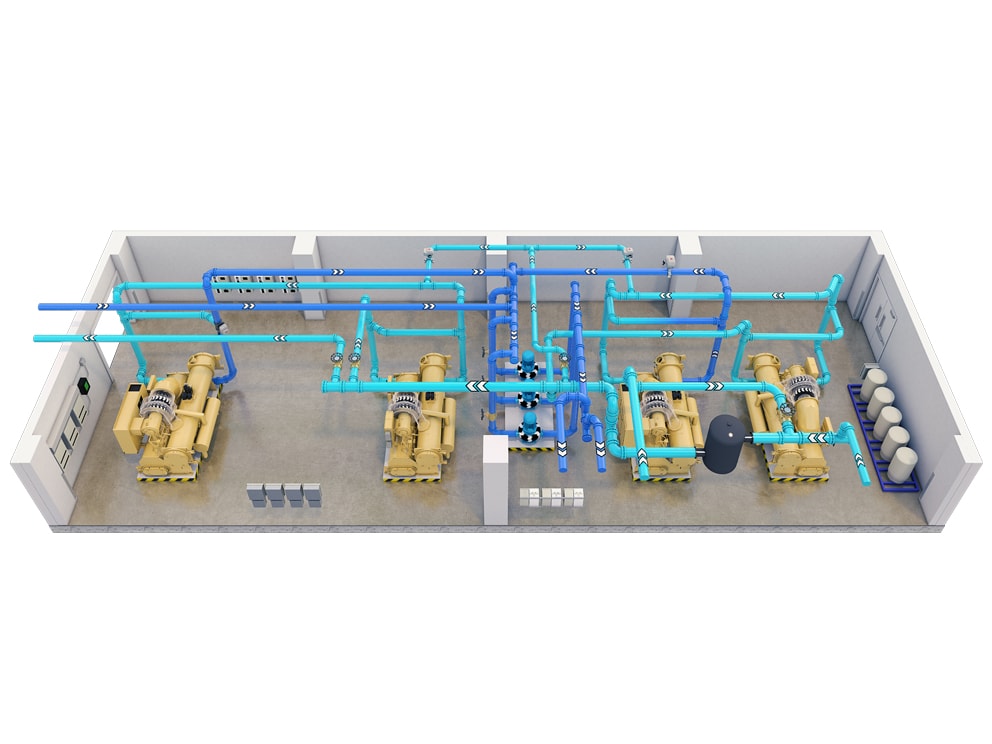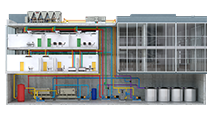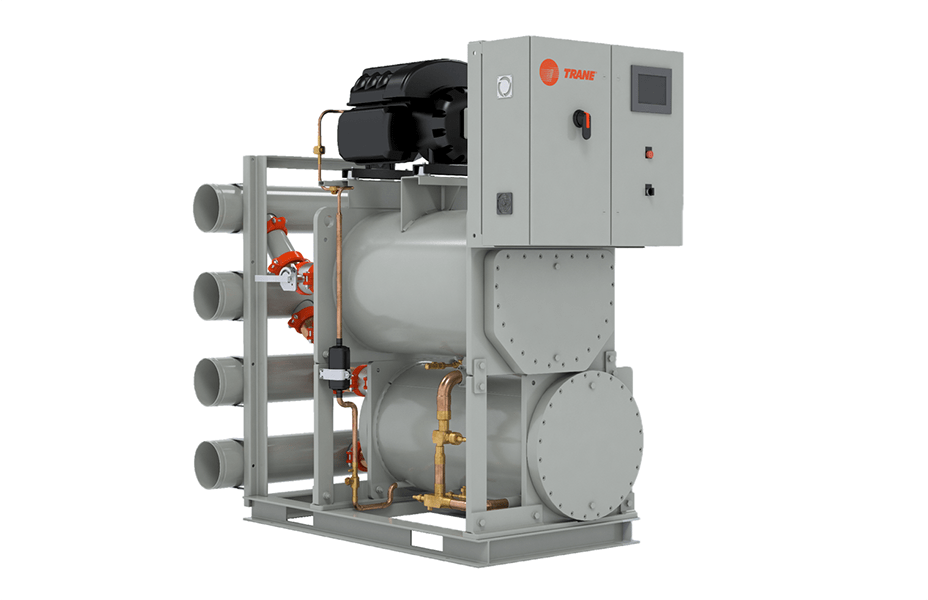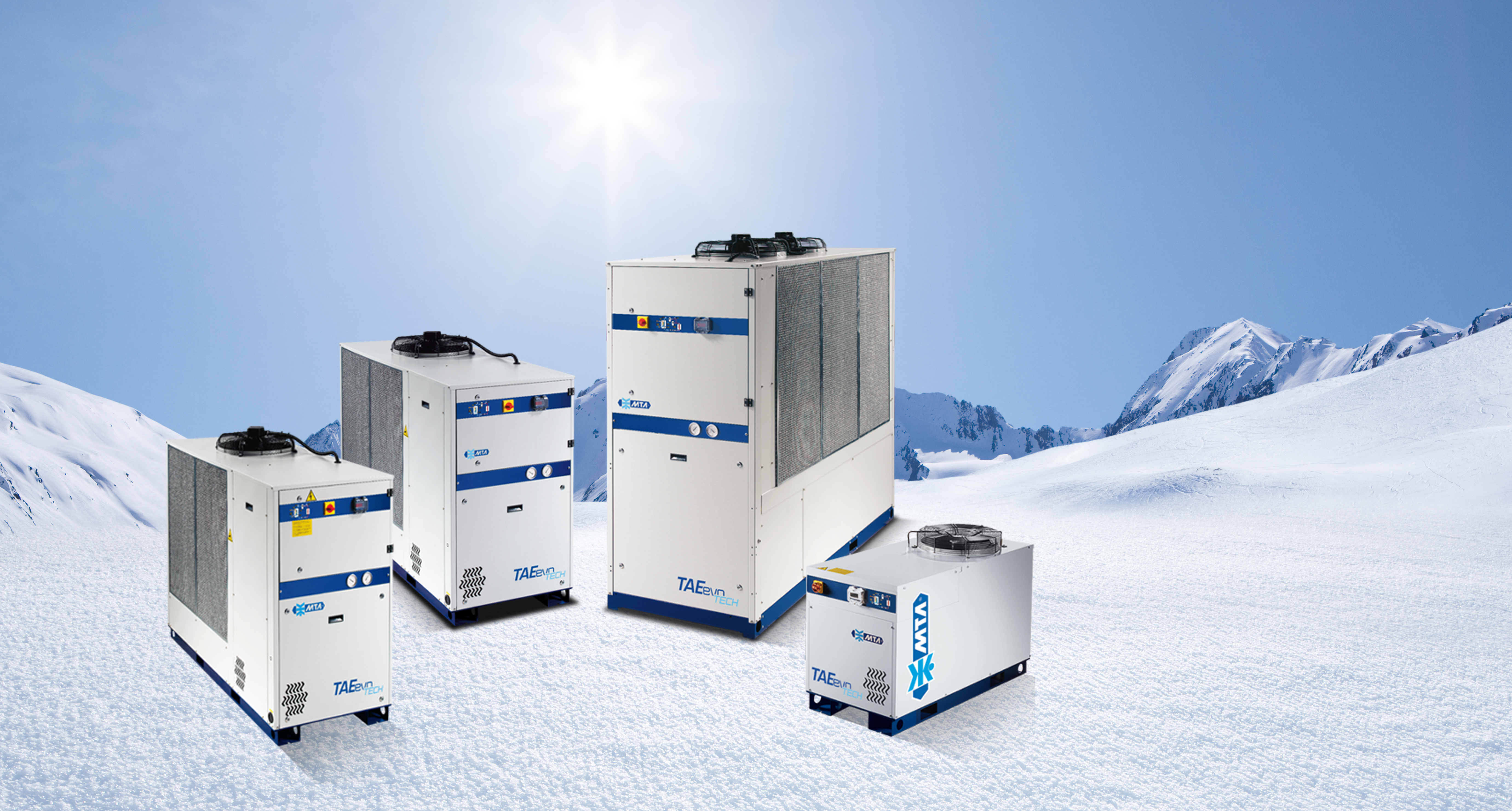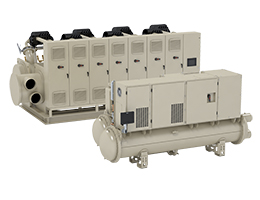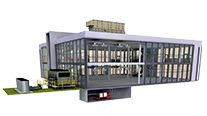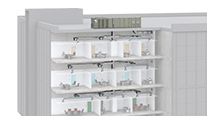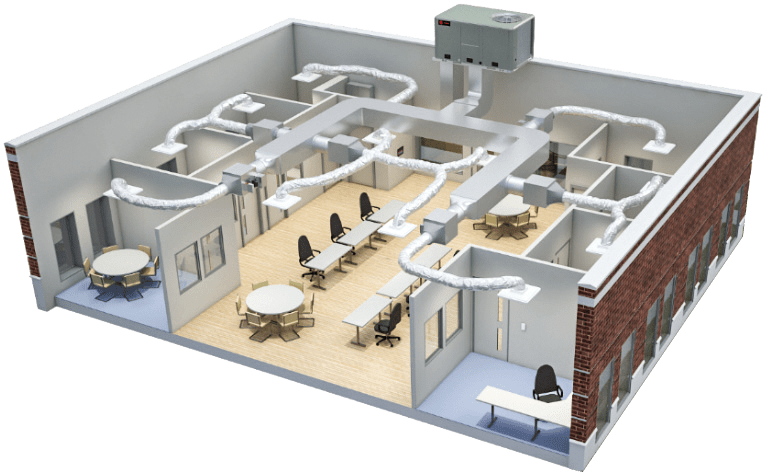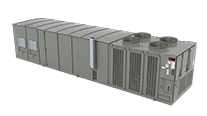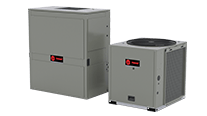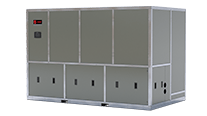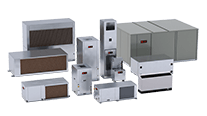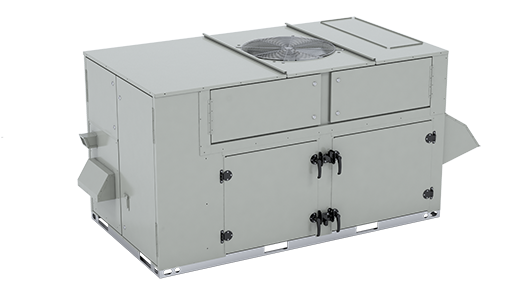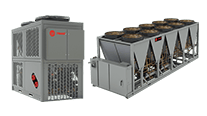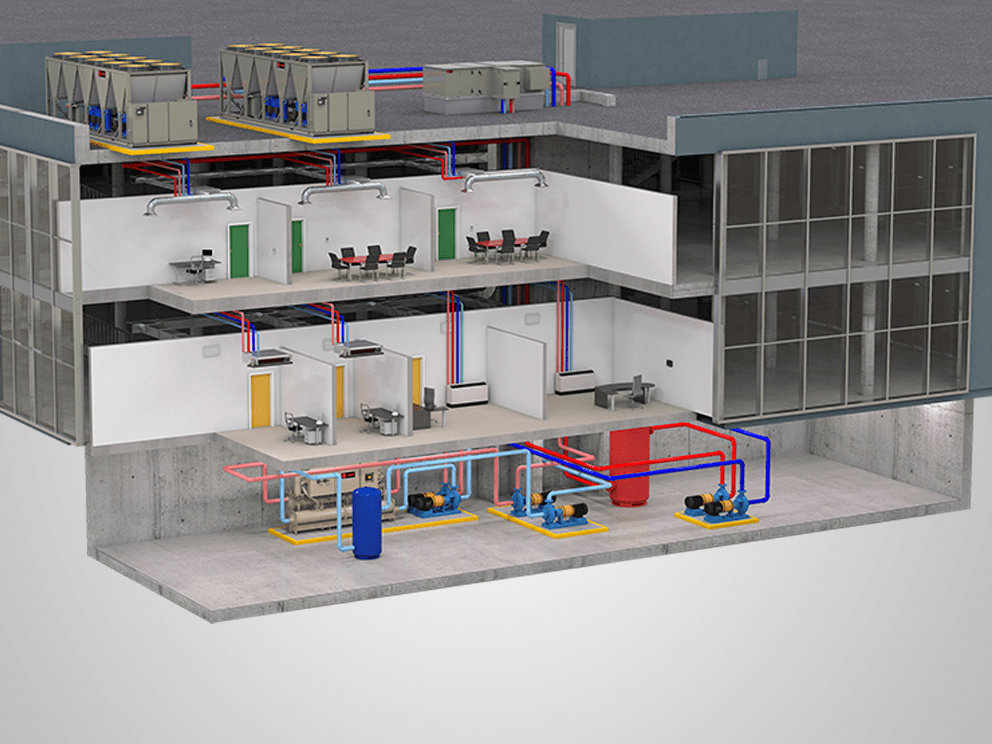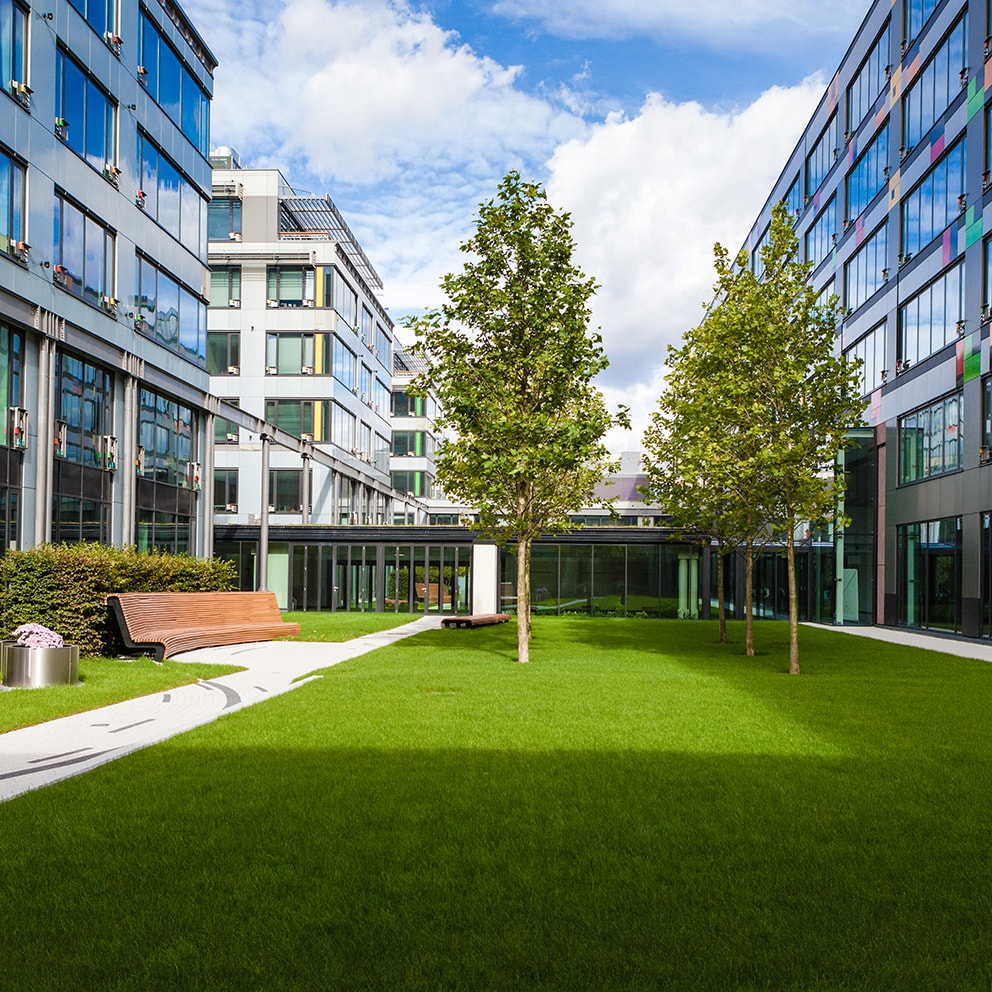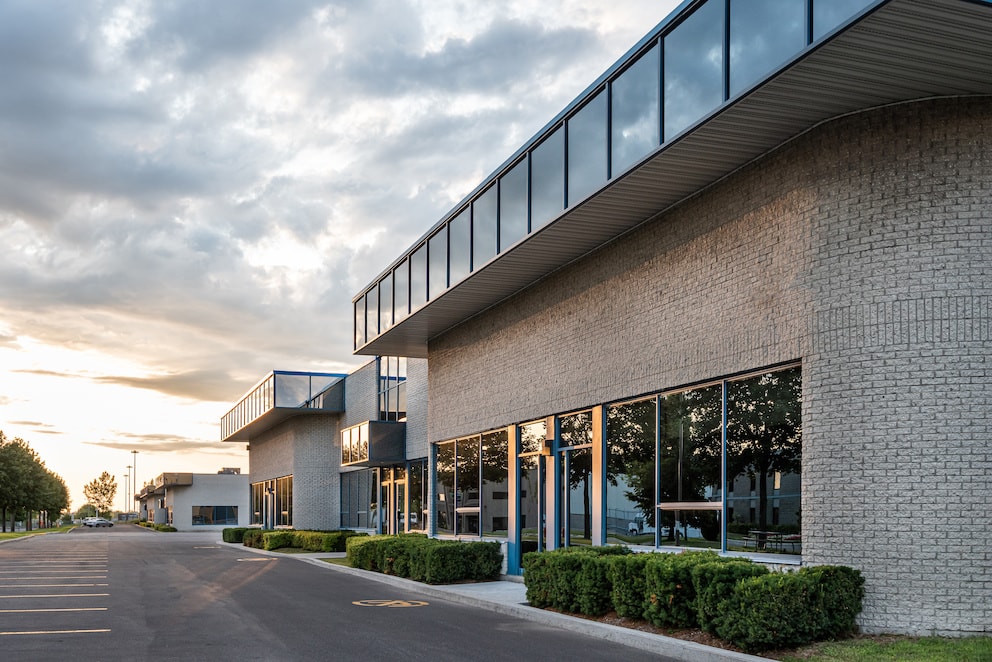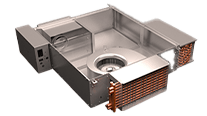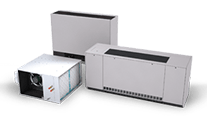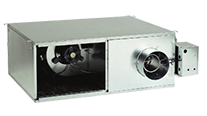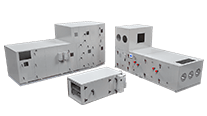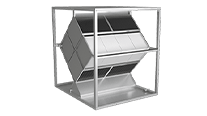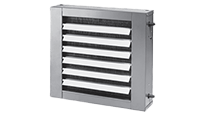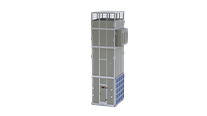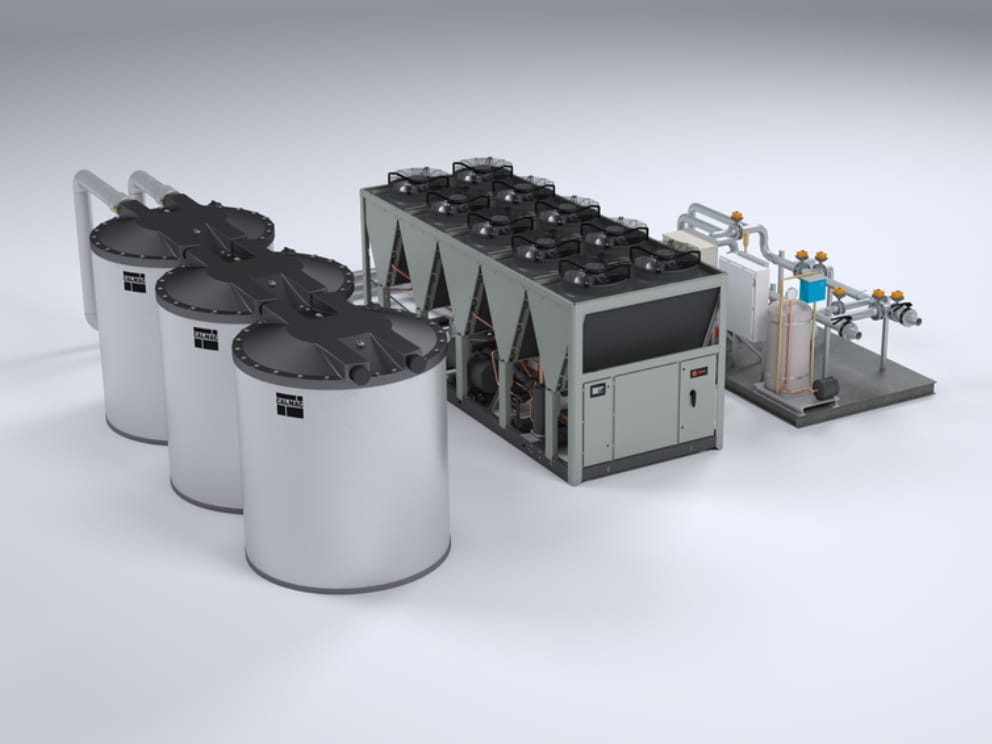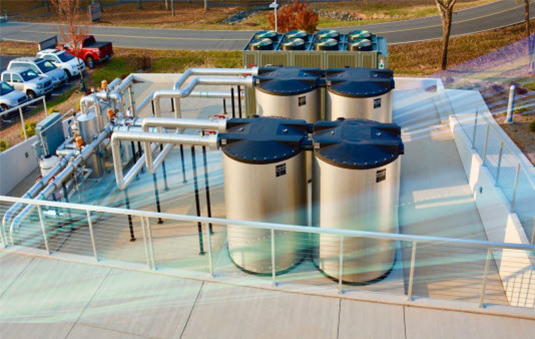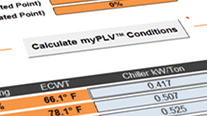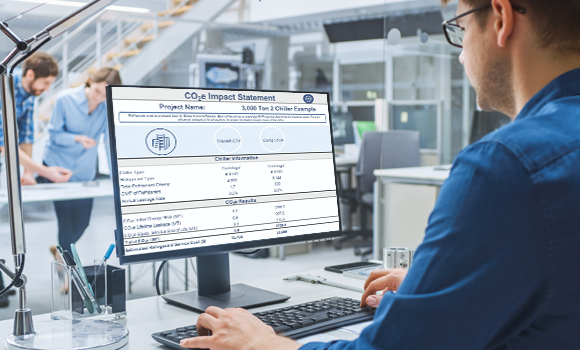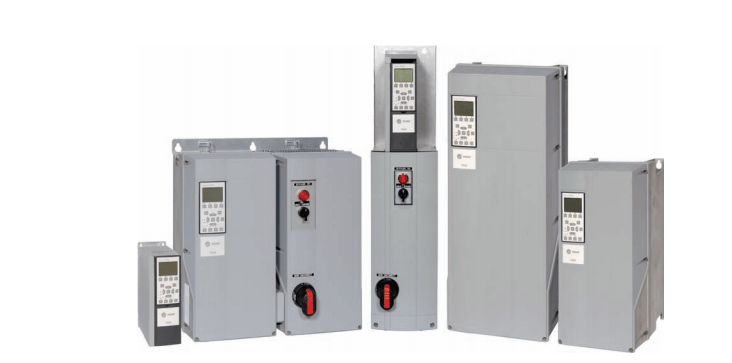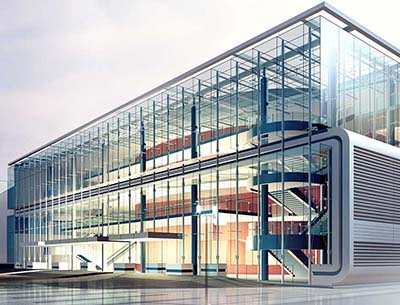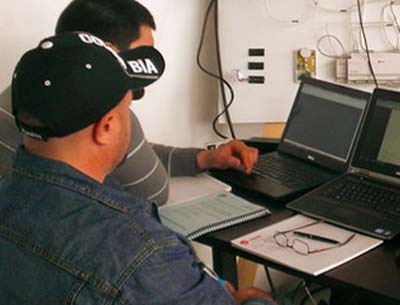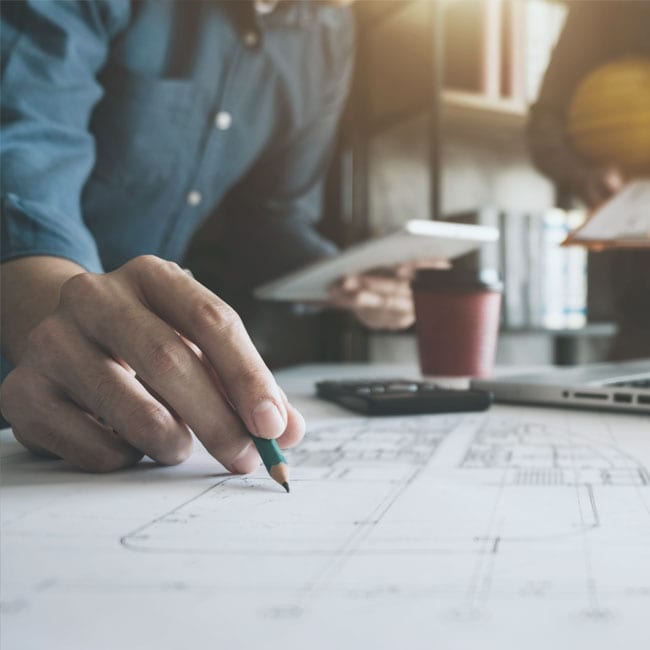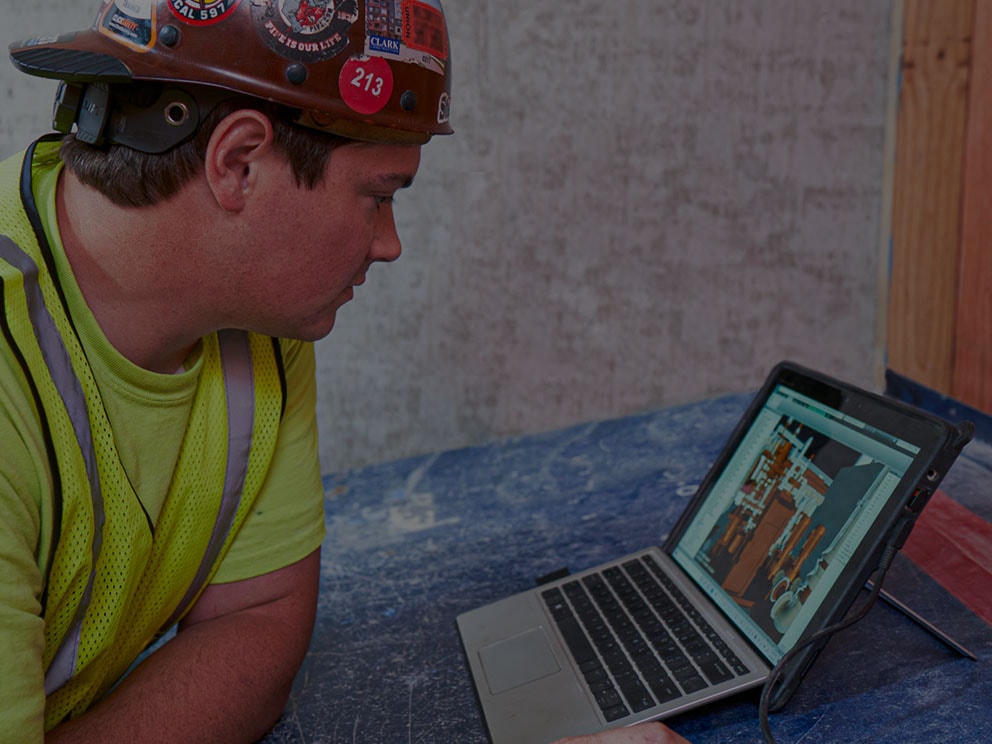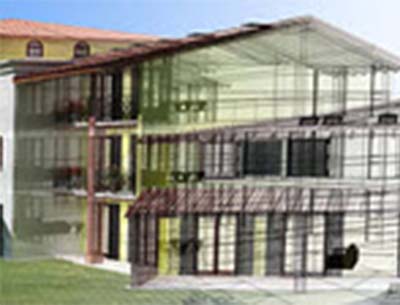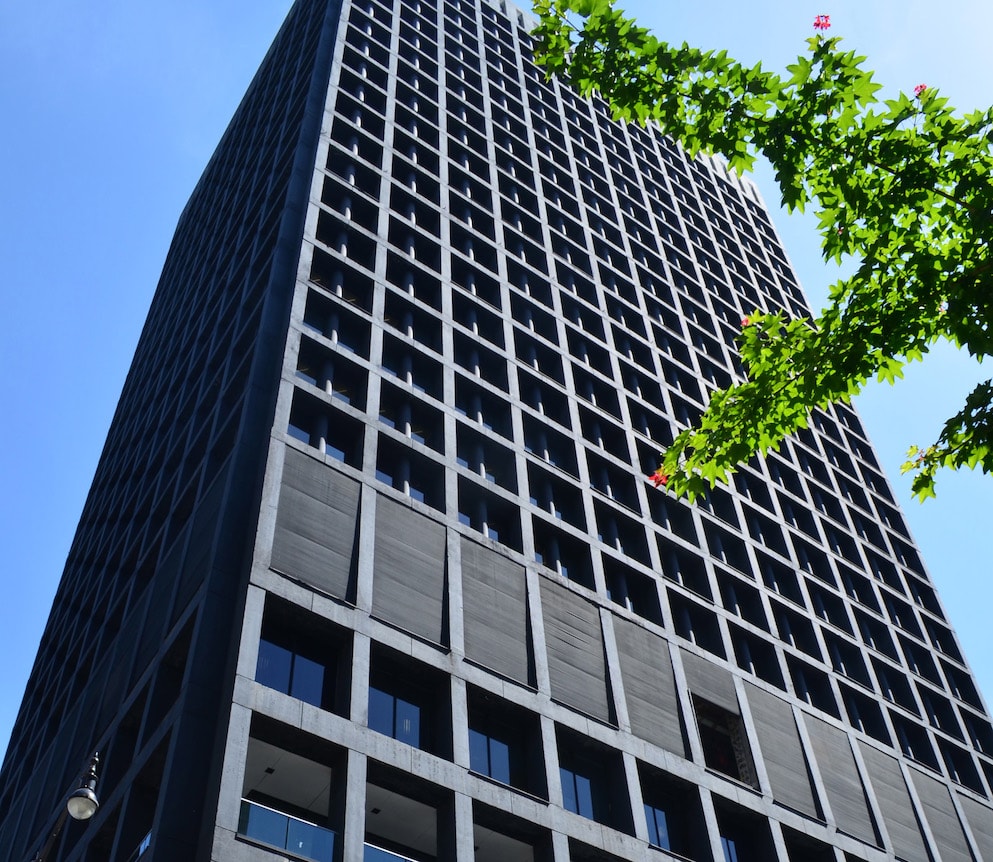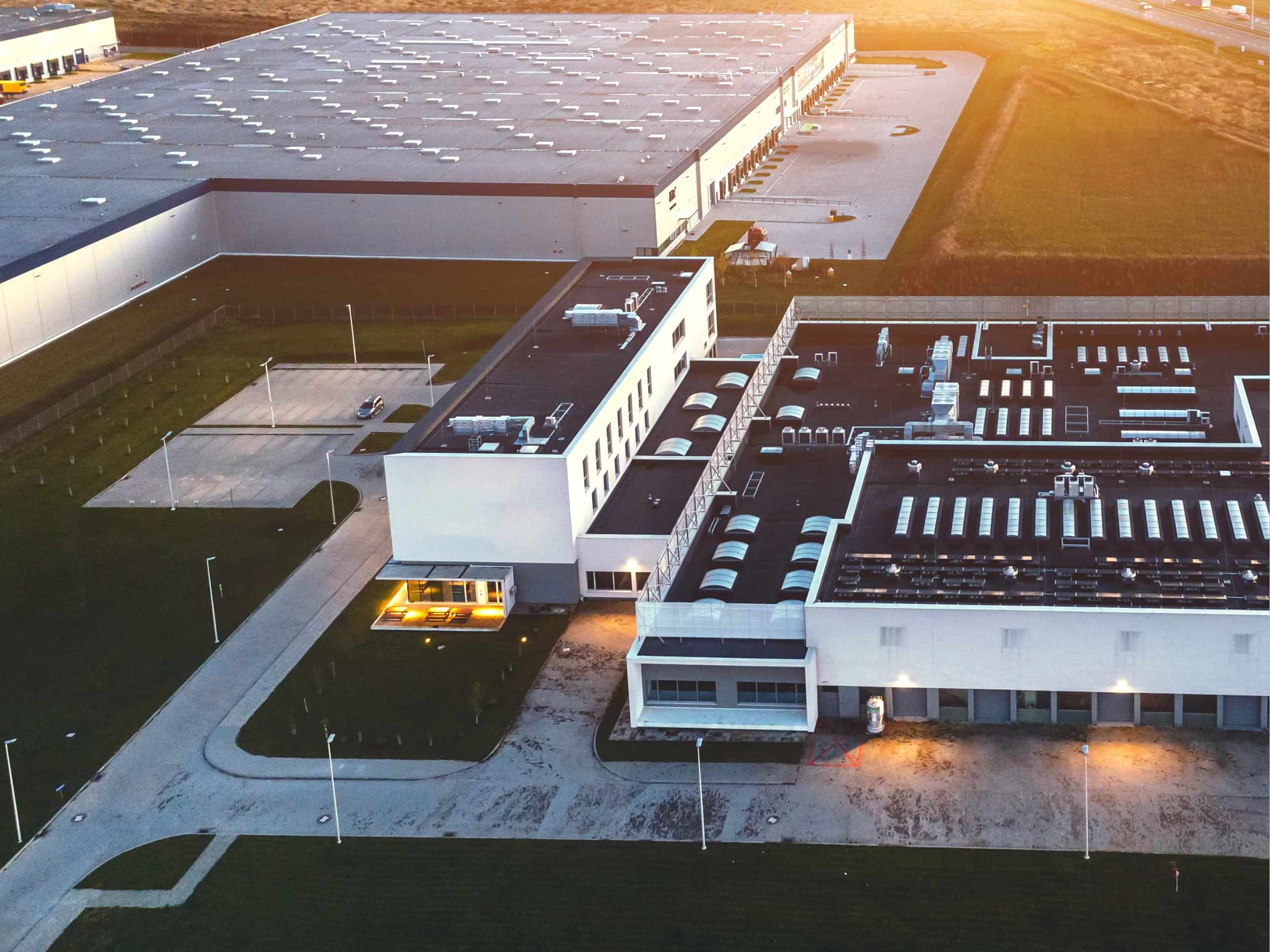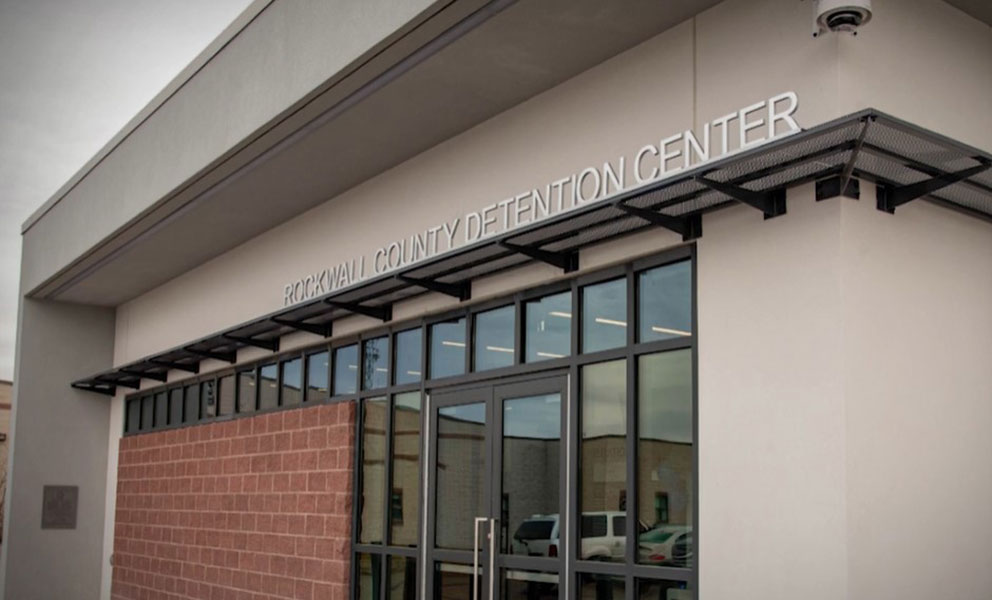Location: Kentucky
Services Used: Intelligent Services
Topic: Efficiency, IEQ, Decarbonization, Energy Services
- 575,000 kWh of electricity saved
- $30,000 in annual energy cost savings
- 423 tons of CO2e reduced annually
Challenge
A Kentucky-based automotive parts manufacturer needed to improve its manufacturing environment to optimize working conditions, work towards sustainability goals and cut energy costs. The organization takes pride in offering a world-class working environment for its employees, including one of the few air-conditioned manufacturing facilities in the region.
Due to aging infrastructure, inconsistent heating, ventilation and air conditioning (HVAC) system performance meant that employees were working in hot, uncomfortable conditions. “These conditions posed an unacceptable risk to production quality,” said Trane Industrial Solutions Specialist, Eric DeLodder.
In addition to the HVAC infrastructure challenges, the manufacturer sought to achieve its aggressive energy and carbon reduction goals, which meant that simply adding more cooling was not an option.
Solution
With an established long-term relationship, the manufacturer and Trane had already completed a series of successful projects that included asset and energy management of the existing rooftop HVAC units and implementing data-driven building services across the facility.
These technology-enabled building services provided years of cooling system data that Trane leveraged to help the manufacturer solve its latest challenges. After reviewing the data and researching the best options for the customer, Trane proposed a solution that would offer improved plant floor temperatures, increased life expectancy of the HVAC systems — potentially more than double that of the existing rooftop HVAC systems — and help the manufacturer reach its sustainability and energy cost reduction goals.
Trane’s proposed sustainable solution was a gradual changeout from existing equipment to a new, highly efficient chilled water system that would yield energy cost savings, reduce carbon impact, and improve equipment lifecycle. This system would be optimized for efficiency with variable speed pumps and chilled water piping infrastructure as well as new, advanced, system controls. The new system would also aid the manufacturer in their goal of transitioning away from high global warming potential (GWP) refrigerants to a next-generation low GWP refrigerant.
Trane energy experts laid out a multiple-year plan to replace the aging HVAC system with an expandable chilled water system in a phased approach, optimizing the project’s fiscal feasibility and minimizing any disruption to production. The manufacturer approved of the sustainable approach and asked Trane to undertake the first project phase; installing chilled water infrastructure and replacing the oldest, failing, air rotation systems that used outdated refrigerants.
Trane replaced the facility’s air rotation units which were near end-of-life, faced multiple mechanical issues and provided very little cooling. The two teams worked together to plan project implementation over a shut-down period so that production wasn’t disturbed.
Results
The HVAC upgrades and installation of chilled water system infrastructure significantly improved the manufacturing environment for employees, providing a consistent working temperature that increased job satisfaction. The improvements also helped ensure product quality. A year after project completion, technology-enabled building performance data validated that the upgraded system saved approximately 575,000 kWh of electricity, resulting in $30,000 in annual energy cost savings.
Additionally, the project reduced carbon emissions by 423 tons of CO2e annually, bringing the manufacturer in line with their sustainability goals.
After successfully transitioning the first phase of the building’s systems, facilities leaders are collaborating with Trane to replace all their rooftop units with chilled water solutions. “We’ve become a trusted advisor of theirs,” explained DeLodder.


